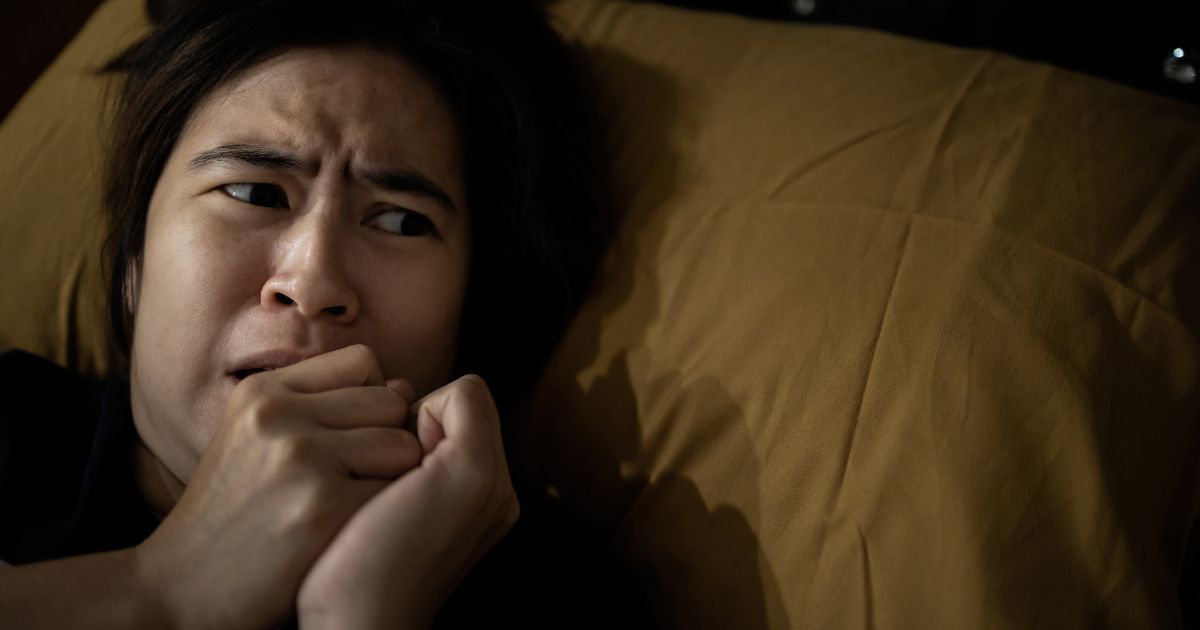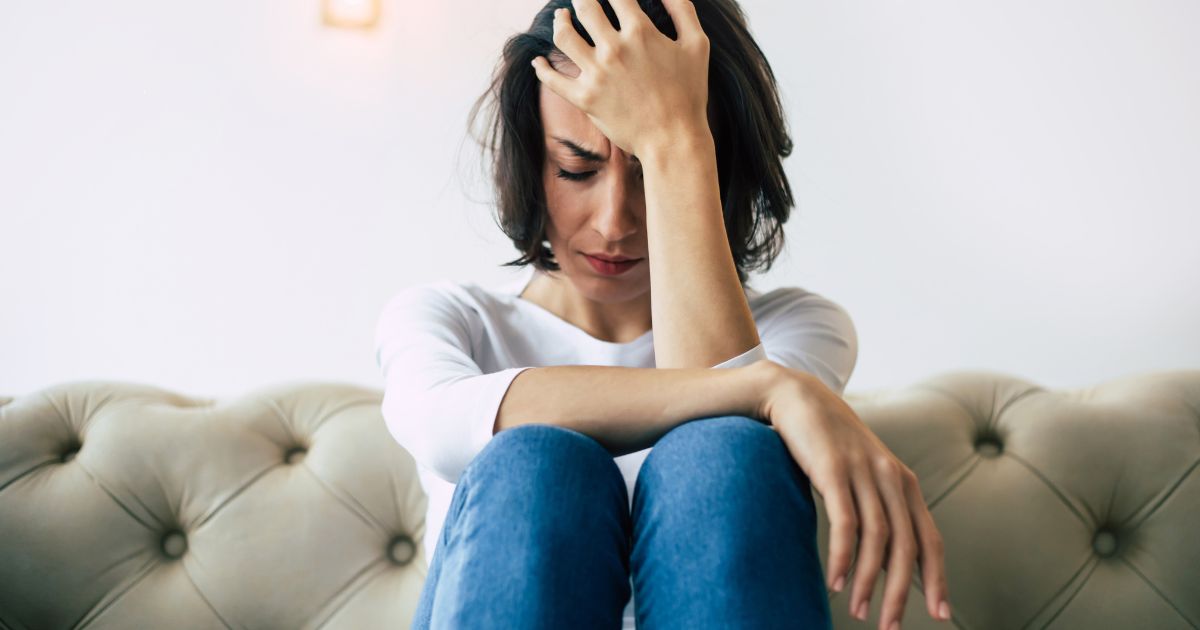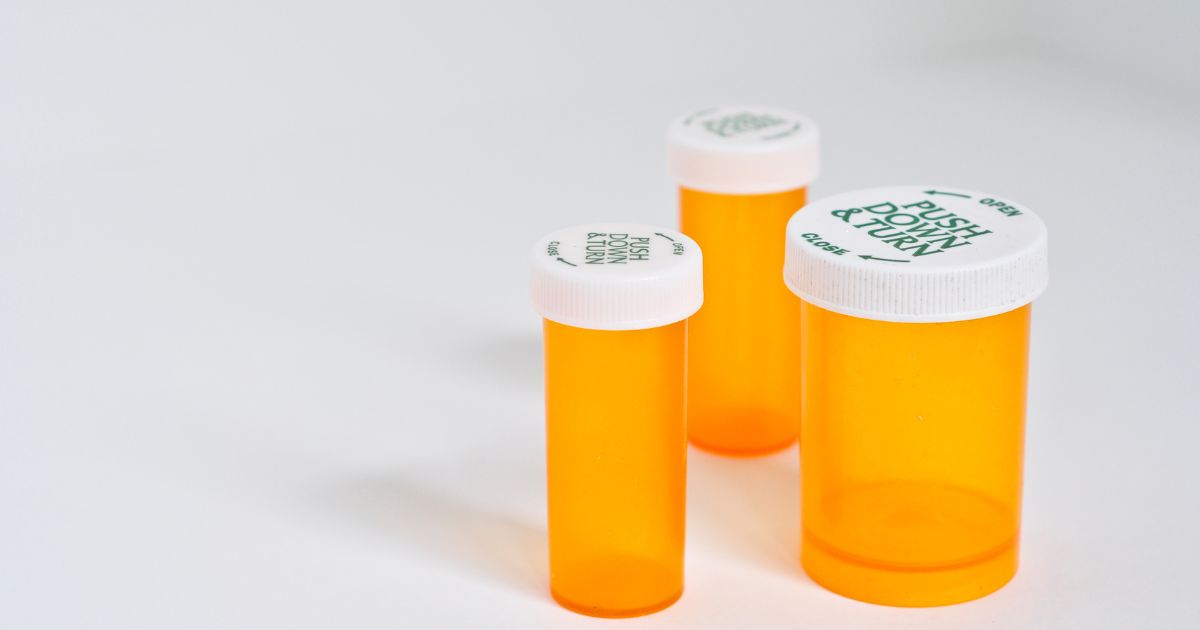Like all drugs, gabapentin can be helpful when used as prescribed. But it can also be abused. In this article, we’ll go over why gabapentin is bad when used improperly.
What Is Gabapentin?
Gabapentin is an anticonvulsant medication developed to treat nerve pain and seizures. It can also be prescribed off-label to treat anxiety. It’s sold under the brand name Neurontin.
Experts aren’t exactly sure how gabapentin works. They know it binds strongly to a specific site in the brain (called the alpha2-delta site), and it’s thought that this is how it treats nerve pain and seizures.
Nerve pain and seizures are issues that coincide with a wide range of conditions. For nerve pain, these include diabetic neuropathy, post-herpetic neuralgia (pain following shingles), and central neuropathic pain. For seizures, gabapentin has been prescribed as an adjunct (added to other medications) for epilepsy and alcohol withdrawal syndrome.
Is Gabapentin a Narcotic?
No, gabapentin is not a narcotic. Narcotic is another term for opioid, which gabapentin is not.
However, although gabapentin is not a narcotic, it does affect the nervous system and can cause drowsiness or dizziness. In recent years, some states like Kentucky, Michigan, West Virginia, and others have classified gabapentin as a controlled substance due to concerns about its potential for misuse, particularly when combined with other substances like opioids. However, it does not have the same risk of physical dependence or addiction associated with narcotics.
If gabapentin is prescribed, it’s important to follow the dosage carefully, as misuse can lead to unwanted side effects.
Is Gabapentin Addictive?
This is tricky. In and of itself, gabapentin does not appear to be generally addictive. A 2023 study of 140 patients found only 18% were abusing the drug, for example.
But it seems if a person is already in the grips of addiction, the likelihood of gabapentin addiction increases. The same study found alcohol and smoking addiction were factors in gabapentin abuse. Another study on 250 ex-convicts discovered that opioid addiction significantly contributes to gabapentin misuse. When asked, 26% of people with an opioid addiction indicated recreational gabapentin use. For individuals who were not addicted to opioids, that number fell to 4%.
So, it appears that other addictions can make a gabapentin addiction more likely. In addition, it’s worth noting that gabapentin does induce physical dependence, which is why gabapentin is bad to take long term.
Get confidential help from our addiction treatment specialists in Orange County. Call to join our rehab program today!
Call 866-881-1184Why Is Gabapentin Bad When Used Long-Term?
Although gabapentin is not considered highly addictive in the traditional sense, long-term use can cause physical dependence. If someone stops taking it abruptly after long-term use, they may experience withdrawal symptoms such as anxiety, insomnia, nausea, sweating, or even seizures.
Long-term gabapentin use is associated with cognitive side effects such as memory problems, confusion, and difficulty concentrating. These effects may worsen over time, particularly in older adults or those with pre-existing cognitive issues.
However, it’s not always easy to get off gabapentin. Sudden discontinuation can lead to withdrawal symptoms like restlessness, agitation, confusion, headache, and, in some cases, seizures, particularly in those using it for epilepsy. For this reason, it’s best to gradually taper off gabapentin if you are trying to quit.
What Are the Signs and Symptoms of Gabapentin Abuse?
Gabapentin abuse has become more common in recent years, particularly when used in high doses or in combination with other substances like opioids or alcohol. The signs and symptoms of gabapentin abuse can be subtle at first, but they often escalate as tolerance builds.
Here are some ways to tell if someone may be abusing gabapentin:
- Taking more gabapentin than prescribed or running out early
- Doctor shopping for multiple prescriptions
- Mood swings, secrecy, and social withdrawal
- Physical signs of intoxication like drowsiness, dizziness, or slurred speech
- Combining gabapentin with other substances for a heightened effect
- Withdrawal symptoms like anxiety or insomnia when the drug is stopped
If you suspect someone is abusing gabapentin, it’s important to seek medical advice. Long-term abuse of gabapentin can have serious consequences, particularly when combined with other substances.
Symptoms of Gabapentin Withdrawal
Gabapentin withdrawal is one of the main reasons why gabapentin is bad to use long-term.
Symptoms include:
- Anxiety
- Agitation
- Insomnia
- Excessive Sweating
- Nausea
- Tremors
- Headaches
- Depression
- Confusion
- Health Palpitations
- Light Sensitivity
There’s also a phenomenon known as “rebound pain.” If gabapentin was used to manage nerve pain, there’s a chance the original pain returns, possibly worse than before.
These symptoms can play out over roughly twelve days, with mild symptoms like anxiety and insomnia appearing in the first 12 hours and the majority peaking within a week. However, some symptoms can persist for longer, especially insomnia or anxiety.
Looking for quality substance abuse treatment that’s also affordable? South Coast accepts most major insurance providers. Get a free insurance benefits check now.
Check Your CoverageEffective Drug Rehab Near Me
If you or a loved one are seeking treatment for gabapentin addiction, South Coast Behavioral Health is here to help. The first step in treating gabapentin addiction is a medical detox. This means using drugs to manage withdrawal symptoms.
Our medical detox program in California is staffed by caring and compassionate professionals who can provide you with medications to manage your withdrawal symptoms.
At South Coast, we take pride in offering care that is closely tailored to specific issues. To that end, we offer gender-specific detox programs, with medical detox for men in Irvine, CA, and medical detox for women in Huntington Beach, CA.
After detoxing, proper treatment can begin.
Treatment for substance abuse takes place along an entire spectrum of care. Along that entire spectrum are various behavioral therapies, support groups, and the use of medically-assisted treatment (MAT).
These levels of treatment are, in order, as follows:
Residential Treatment in California
After successfully completing medical detox, you’ll receive inpatient treatment in Orange County, California. There, you’ll receive medically-assisted treatment and dual diagnosis treatment to deal with any cravings or co-occurring mental health issues you may be battling.
We also offer residential treatment facilities in Costa Mesa, Irvine, and Huntington Beach for those who desire gender-specific treatment. There, patients get round-the-clock medical attention and monitoring while living at the institution full-time.
In addition to individual and group counseling and medication management, you’ll also have access to leisure activities and family support services.
Partial Hospitalization in California
Most clients start substance abuse treatment with South Coast in our residential treatment program. After completing that, many desire something that still provides structure and support but with extra space and time to oneself. For that, we offer Partial Hospitalization in Newport Beach.
A step down from inpatient care but with more structure than conventional outpatient programs, partial hospitalization offers a good balance for those looking to ease back into normal life. Clients can receive care five to seven days a week for a number of hours each day, returning back to their homes in the evening.
This way, they can recover without putting their daily lives completely on hold, receiving intense therapeutic interventions like group and individual therapy, skill development, and medication management as necessary.
Intensive Outpatient Treatment in California
For those leaving inpatient residential treatment or partial hospitalization, intensive outpatient programs (IOP) are yet another gradual step forward on the road to recovery.
With a focus on group therapy, individual counseling, and education, clients undergoing Intensive Outpatient Treatment in Newport Beach can meet three to five days a week. Each session lasts three hours.
This level of care requires the least amount of attendance at a facility to reverse the negative effect of gabapentin on someone’s life. Gabapentin can lead to a number of severe consequences and serious side effects if not addressed by addiction professionals.
Start Today
Gabapentin can cause serious issues like respiratory depression and problems with the central nervous system. If you or a loved one are struggling with drug misuse and abuse but wonder how long addiction treatment takes or have other questions, call us at 866-881-1184 or contact us here. Our highly qualified staff at our treatment centers will be happy to help give you an idea of what to expect from your addiction recovery timeline, help verify your insurance, and assist with any other questions you may have about taking gabapentin.
- Abuse and addiction in gabapentinoid drug users for neuropathic pain – PubMed
- Abuse of Gabapentin is Associated with Opioid Addiction – PubMed
- The association of gabapentin initiation and neurocognitive changes in older adults with normal cognition – PMC
- Gabapentin Withdrawal: Case Report in an Older Adult and Review of the Literature – Mah – 2013 – Journal of the American Geriatrics Society – Wiley Online Library









